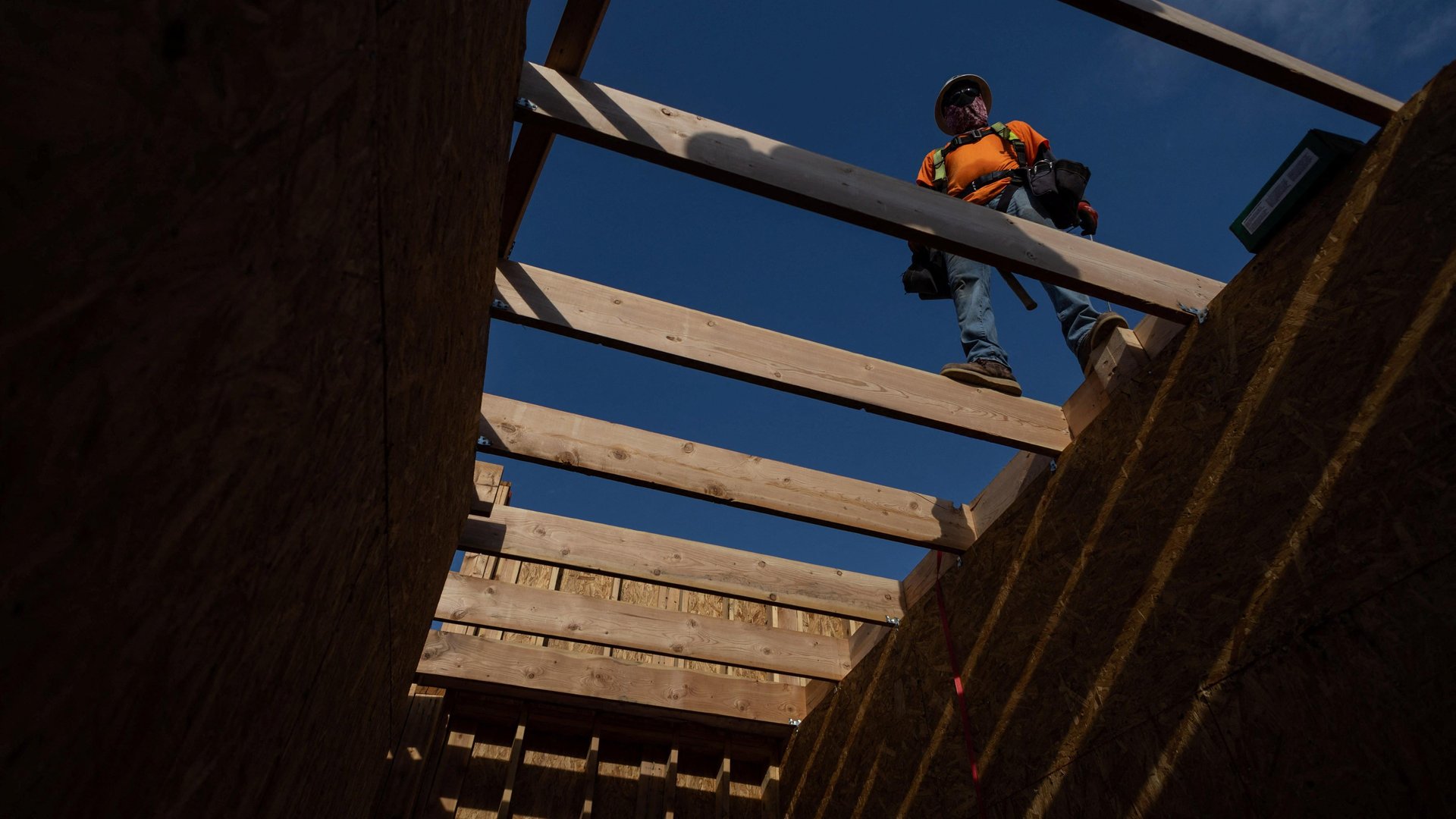The US labor market cooled in July, keeping a soft landing in sight
The US added 187,000 jobs while unemployment fell to 3.5%

The US labor market continued to grow at a steady clip in July, adding 187,000 jobs, but the big booms in jobs numbers are fading.
Suggested Reading
The unemployment rate fell from 3.6% to 3.5%, which is partly due to the fact that the total jobs added and the unemployment rate come from two different kinds of surveys within the jobs report.
Related Content
The jobs numbers for both May and June were also revised down by 49,000, showing that while jobs continue to be plentiful, there are signs that the pace of hiring is slowing down.
Given the conditions of this current labor market, any growth above 100,000 is strong, Nick Bunker, the head of economic research at Indeed’s Hiring Lab, said in an email.
“Despite the clear slowdown in hiring, workers are still faring well in this labor market,” Bunker said. “The share of prime-age workers with a job held steady at a more than 20-year high and unemployed workers are still finding jobs at a pace roughly equal to what they saw pre-pandemic. Given how slowly the population is growing and the current pace of job gains, we should expect workers to remain at least this engaged with the labor force for the foreseeable future.”
The jobs report points to a soft landing
The moderately strong report shows that the Federal Reserve may achieve a soft landing—a decline in inflation back to the central bank’s 2% target without a recession. This idea is supported by lower than expected inflation for both consumers and businesses.
The jobs report caused Bank of America economists to revise their forecasts for a mild recession in 2024 to no recession at all. The bank’s economists predict that inflation as measured by the Bureau of Economic Analysis will fall to 2% in the second half of 2025 while US GDP will grow by 2% in 2023, 0.7% in 2024, and 1.8% in 2025.
Which sectors saw the largest job growth in July?
The largest gains were seen in healthcare, social assistance, and construction while temporary help, warehousing, and manufacturing all declined.
Construction, which averaged a monthly gain of more than 23,000 over the past three months, is a surprise area of growth. Despite the slowdown in homebuilding, the surge in that employment segment is largely due to increased demand in the industrial construction sector as businesses try to build more structures to meet the demand created by federal dollars from the Inflation Reduction Act and the CHIPs Act.
